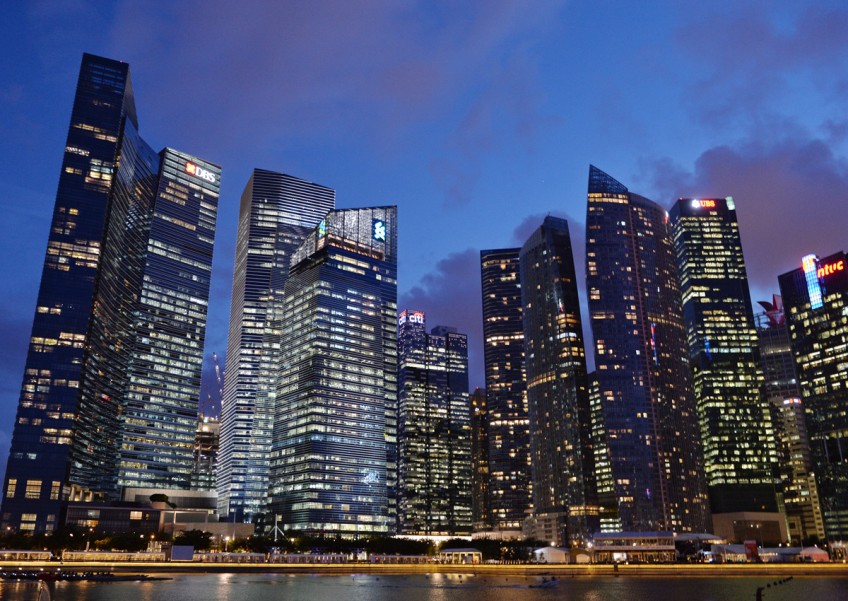S'pore tops in Asia-Pac for intellectual property environment

SINGAPORE has room to improve when it comes to its relatively elevated rates of software piracy. But the country's intellectual property (IP) environment still scores well overall due to factors such as having an advanced IP framework and a patent enforcement legal framework that is "adequate and generally applied", according to an index ranking by the United States Chamber of Commerce that was released on Wednesday.
The country came in sixth out of 38 economies, behind the US (which was No 1), the United Kingdom, Germany, France, and Sweden.
It did better than all the other Asia-Pacific economies considered in the ranking, including countries such as Australia, Japan, Malaysia, China and India. India, in fact. did the poorest in the region and ended up in the second-last place. Venezuela scored the worst.
The index was based on 30 measurable criteria including patent, copyright and trademark protections, enforcement and engagement in international treaties.
Singapore got full marks when it came to trade secrets and market access. The chamber noted that it had life sciences IP rights in place, had strengthened its copyright framework over the past few years and that its legal framework provided for the protection of unregistered marks.
Also in the country's favour was that border officials here have "ex officio" authority to act against suspected goods, the chamber said. That means officials can act on their own initiative to seize suspect shipments.
However, it pointed out that there were still limits on customs authorities' ex officio powers when it came to in-transit goods seizures.
And although software piracy rates in Singapore are "dropping" they still remain relatively high, the chamber noted.
The 38 economies benchmarked in the 2016 index together account for nearly 85 per cent of global gross domestic product, the chamber noted in the report.
Singapore was also ranked fourth out of 56 countries by think tank Information Technology and Innovation Foundation in January this year, for having domestic policies that support global innovation.

This article was first published on February 11, 2016.
Get The Business Times for more stories.